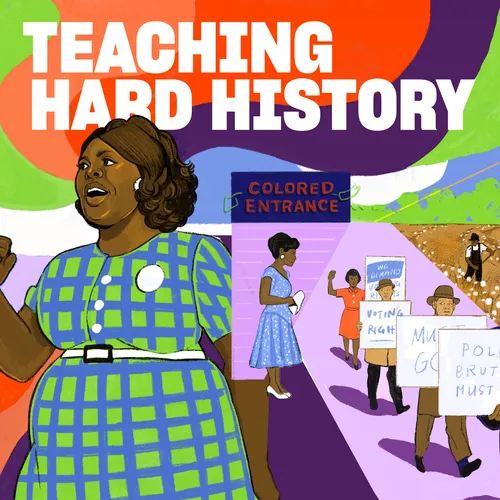
Teaching Hard History
From Learning for Justice and host Hasan Kwame Jeffries, Ph.D., Teaching Hard History brings us the crucial history we should have learned through the voices of leading scholars and educators. The series, which includes four seasons that originally aired from 2018 to 2022, begins with the long and brutal legacy of slavery and reaches through the victories of and violent responses to the Civil Rights Movement and Black Americans’ experiences during the Jim Crow era to the issues we face today.
Join us as we relaunch this podcast series, highlighting an episode each week and including a new resource page with key points from the conversation, resources and connections for building learning experiences.
- Update frequency
- every 15 days
- Average duration
- 64 minutes
- Episodes
- 76
- Years Active
- 2018 - 2025
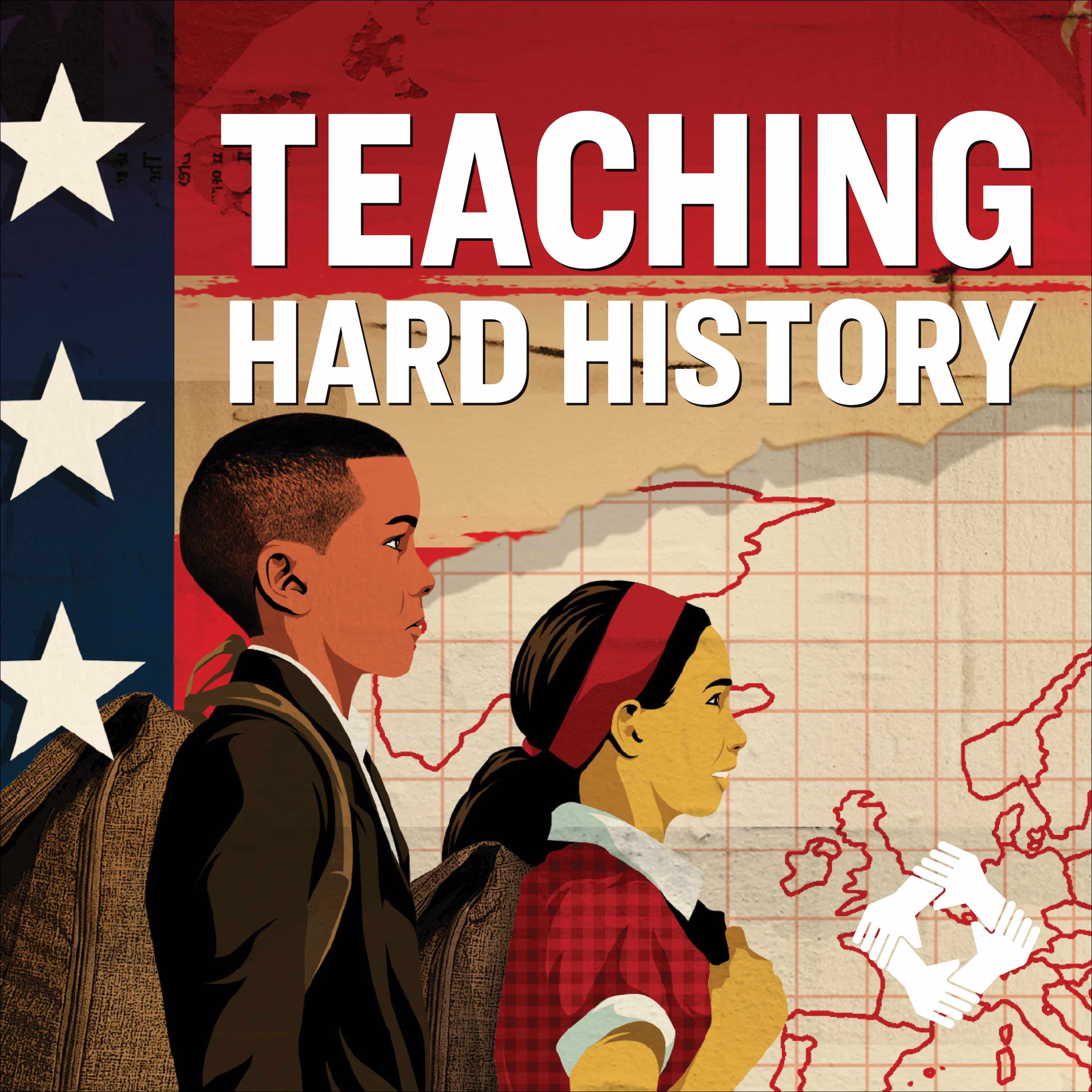
Nonviolence and Self-Defense – w/ Wesley Hogan, Christopher Strain and Akinyele Umoja
Armed resistance and nonviolent direct action co-existed throughout the civil rights era. In this episode, three historians confront some comfortable assumptions about nonviolence and self-defense. W…

New Film: The Forgotten Slavery of Our Ancestors – w/ Alice Qannik Glenn
Alice Qannik Glenn is the host of Coffee and Quaq and assistant producer of The Forgotten Slavery of our Ancestors. This short, classroom-ready film offers an introduction to the history of Indigenou…

Jim Crow, Lynching and White Supremacy – w/ Stephen A. Berrey, Hannah Ayers, Lance Warren and Ahmariah Jackson
Jim Crow was more than signs and separation. It was a system of terror and violence created to control the labor and regulate the behavior of Black people. In this episode, historian Stephen Berrey u…

A Playlist for the Movement – w/ Charles L. Hughes
Music chronicles the history of the civil rights struggle: The events, tactics and emotions of the movement are documented in songs of the era. From The Freedom Singers to Sam Cooke, historian Charle…

Beyond the "Master Narrative" – w/ Nishani Frazier and Adam Sanchez
Students don’t enter our classrooms as blank slates. When it comes to the civil rights movement, we often have to help our students unlearn what they think they know while we’re teaching them what ac…

Reframing the Movement – w/ Nishani Frazier and Adam Sanchez
Teaching the civil rights movement accurately and effectively requires deconstructing the myths and misconceptions about the civil rights movement. Most people are familiar with a very specific versi…
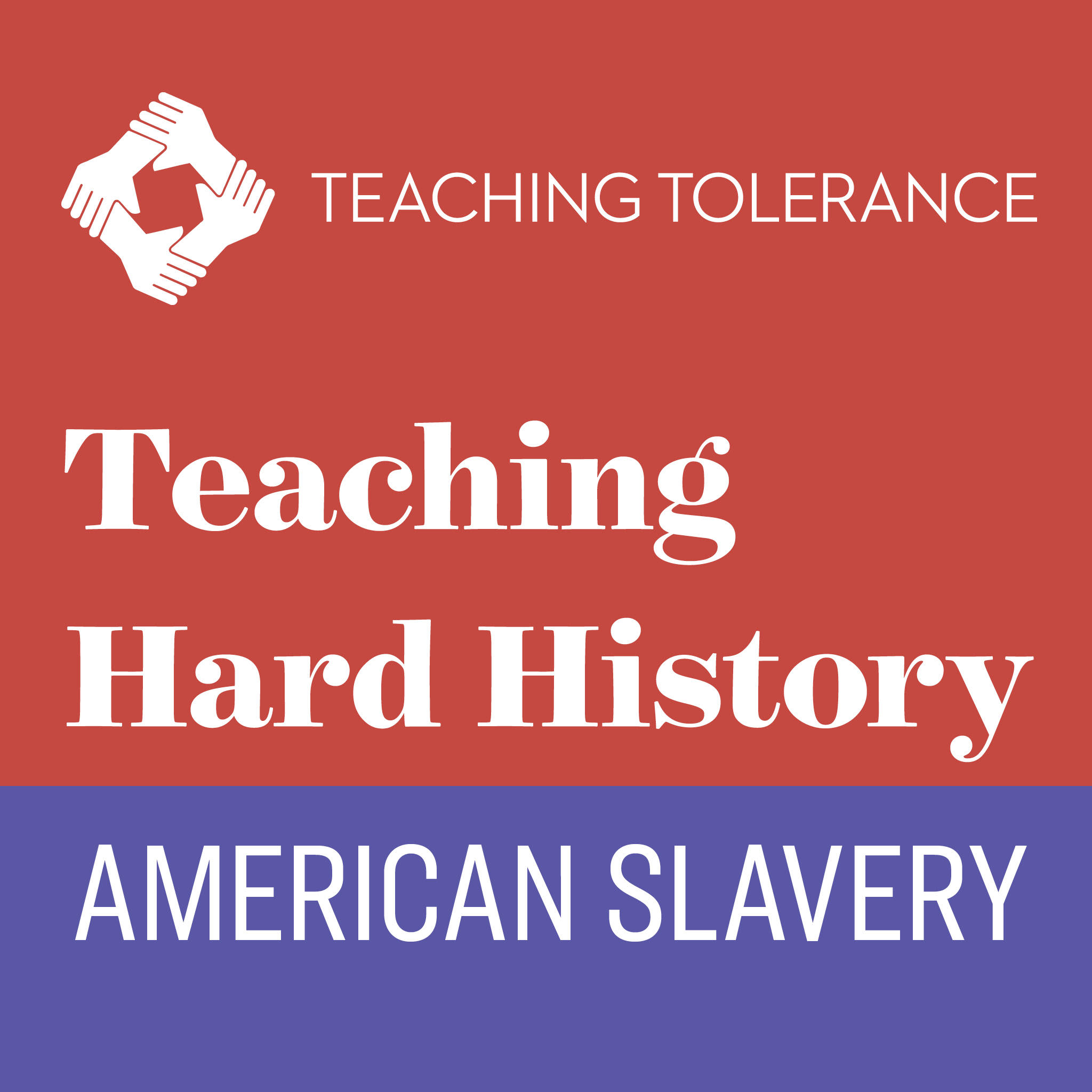
Wrap Up: Teaching the Connections – w/ Bethany Jay
The systems that enabled and perpetuated African and Indigenous enslavement in what is now the U.S. have much in common, and their histories tell us a great deal about the present. Professors Bethany…

Hard History in Hard Times – Talking With Teachers
In this special call-in episode, listeners share their stories and questions from throughout season 2—including teaching remotely, working with families and stakeholders, and incorporating social jus…

Call Us! (by Sunday, April 19)
It’s time for our first call-in show! We know things are chaotic for you and every other educator right now. We feel it too, so this seems like the perfect time to talk. Pick up the phone and dial 88…
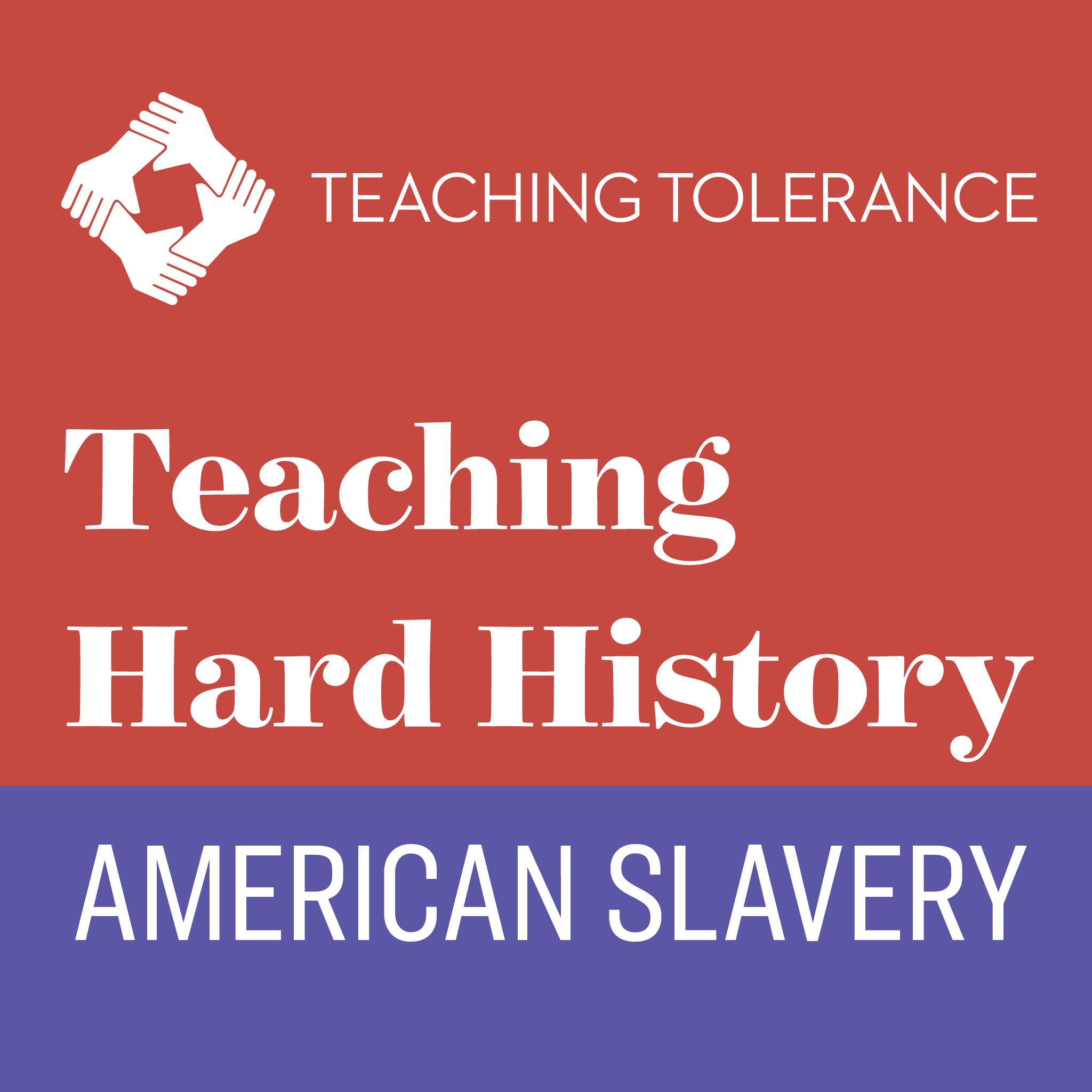
Inseparable Separations: Slavery and Indian Removal
Indian Removal was a brutal and complicated effort that textbooks often simplify. It is also inseparably related to slavery. Enslavers seeking profit drove demand for Indigenous lands, displacing hun…

Slave Codes, Liberty Suits and the Charter Generation – w/ Margaret Newell
The Americas were built on the lands, labor and lives of Indigenous peoples. Despite being erased from history textbooks after the so-called first Thanksgiving, Indigenous peoples did not disappear. …

Using the WPA Slave Narratives – w/ Cynthia Lynn Lyerly
From 1936 to 1938, the Federal Writers’ Project collected stories from people who had been enslaved. The WPA Slave Narrative Collection at the Library of Congress is a valuable resource; these oral h…

Groundwork for Teaching Indigenous Enslavement – w/ the Turtle Island Social Studies Collective
To better understand the United States’ past and present, we need to better understand Indigenous identities—and our classrooms play a huge role. This starts with examining what’s missing from our so…
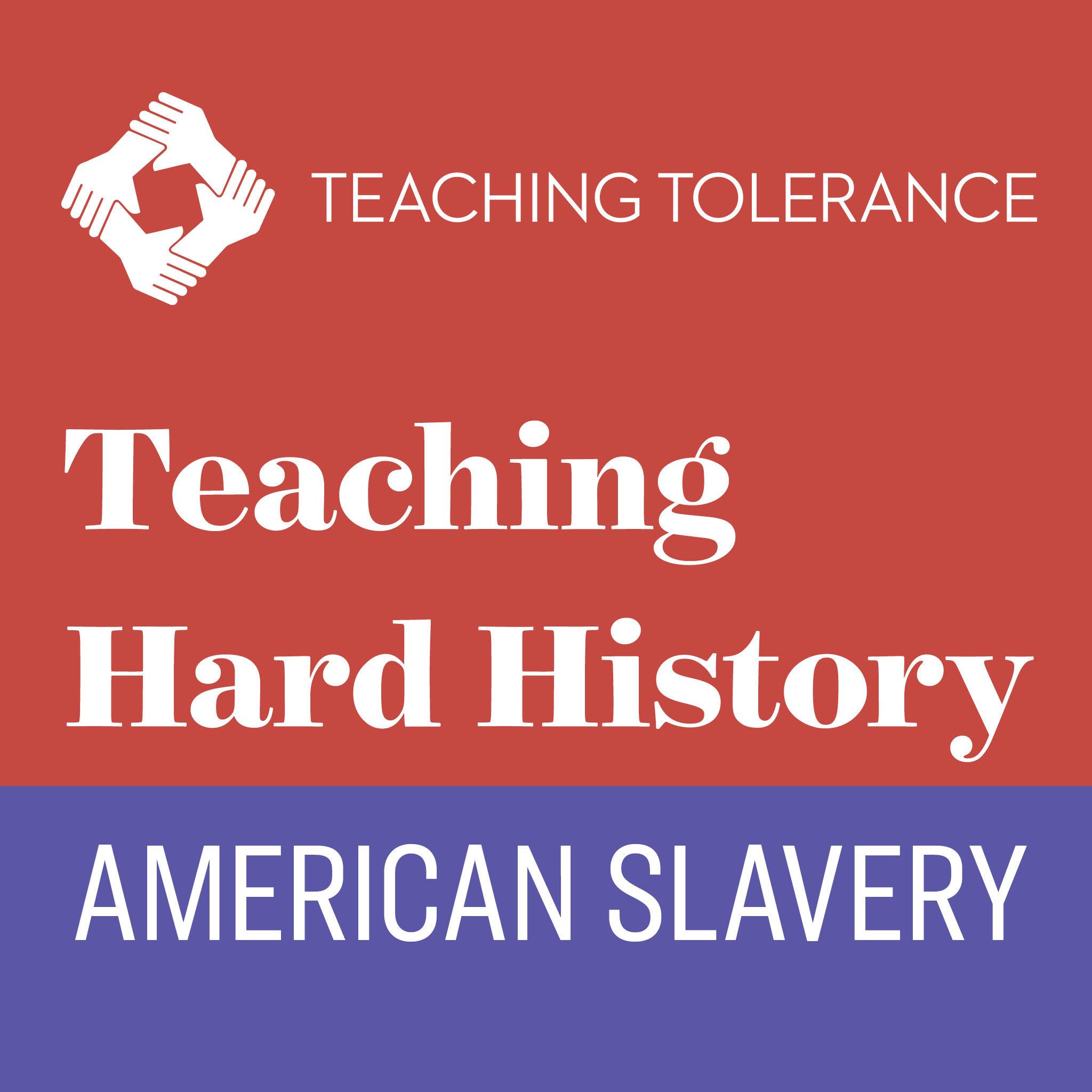
Mid-season Recap: Key Lessons on Indigenous Enslavement
Educators can no longer ignore our country’s history of Indigenous enslavement. Our students need a fuller understanding of the pivotal history of slavery to comprehend the present and develop a visi…

Silver, Resistance and the Evolution of Slavery in the West – w/ Andrés Reséndez
Throughout the 17th, 18th and 19th centuries, the forced labor and bondage of Indigenous peoples was integral to the economic and political history of what became the Southwestern United States. Hist…

The Other Slavery – w/ Andrés Reséndez
A hundred years before the first ship carrying enslaved Africans arrived in Virginia, Europeans introduced the commercial practice of enslavement in “The New World.” And for the next 400 years, milli…

Coming Soon: Conversations with Andrés Reséndez
Andrés Reséndez is the author of The Other Slavery: The Uncovered Story of Indian Enslavement in America. His work has changed conventional wisdom about the institution of slavery in the Atlantic Wor…

Teaching Slavery through Children's Literature, Part 2 – w/ Debbie Reese
Each autumn, Thanksgiving brings a disturbing amount of inaccurate information and troubling myths into classrooms across the United States. Most students don’t learn much about the history of Native…

Teaching Slavery through Children's Literature, Part 1 – w/ Ebony Elizabeth Thomas
Children’s books are often the primary way young students are exposed to the history of American slavery. But many books about slavery sugarcoat oppression. Professor Ebony Elizabeth Thomas examines…

In the Elementary Classroom – w/ Kate Shuster, Marian Dingle, Bria Wright, Marvin Reed and Alice Mitchell
For elementary teachers approaching the topic of slavery, it can be tempting to focus only on heroes and avoid explaining oppression. But teachers’ omissions speak as loudly as what they choose to in…